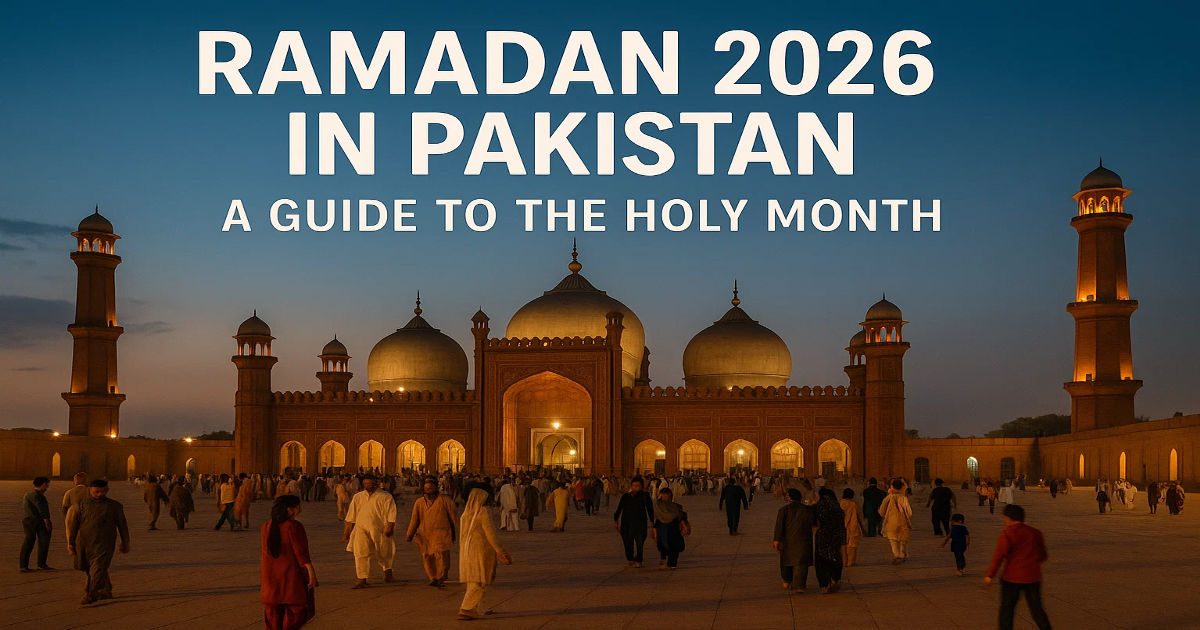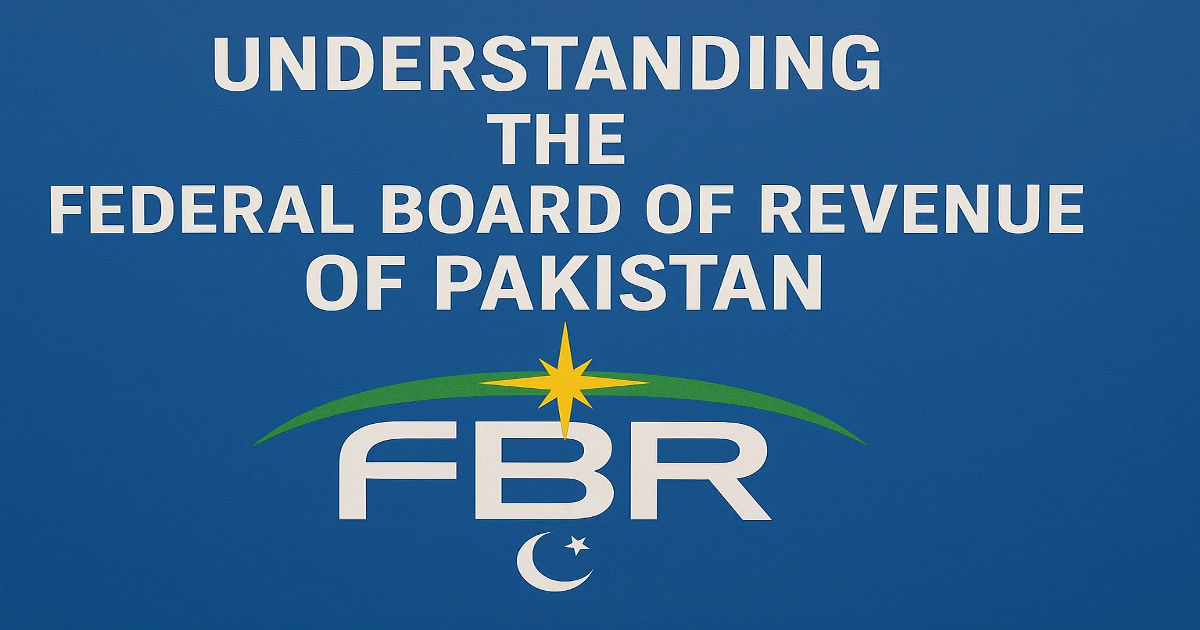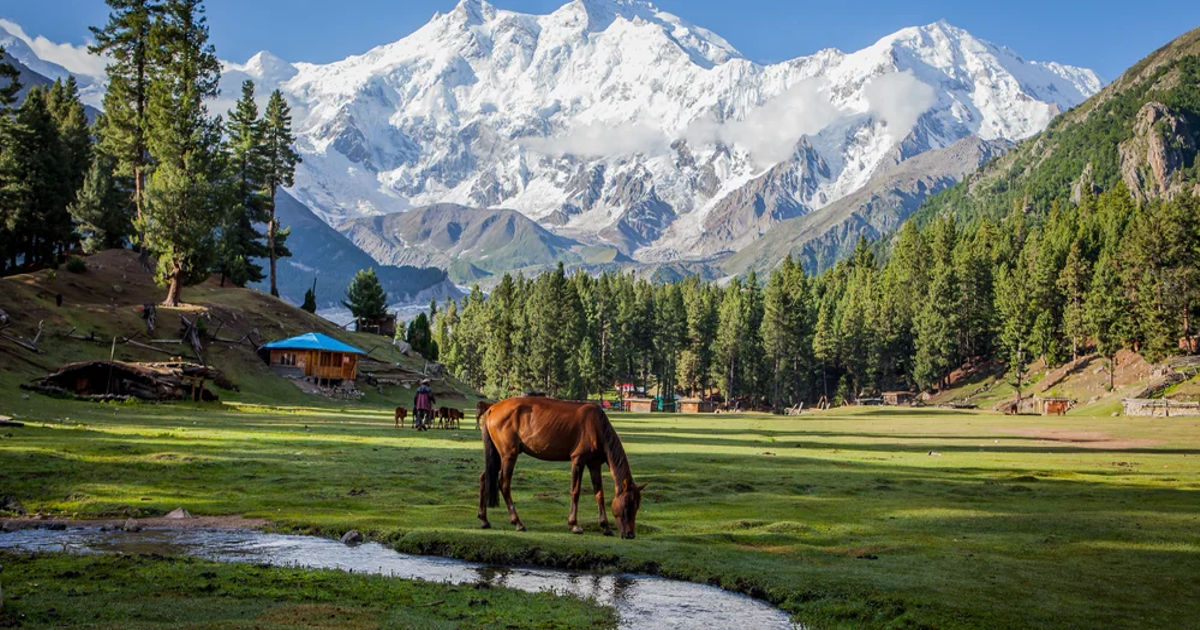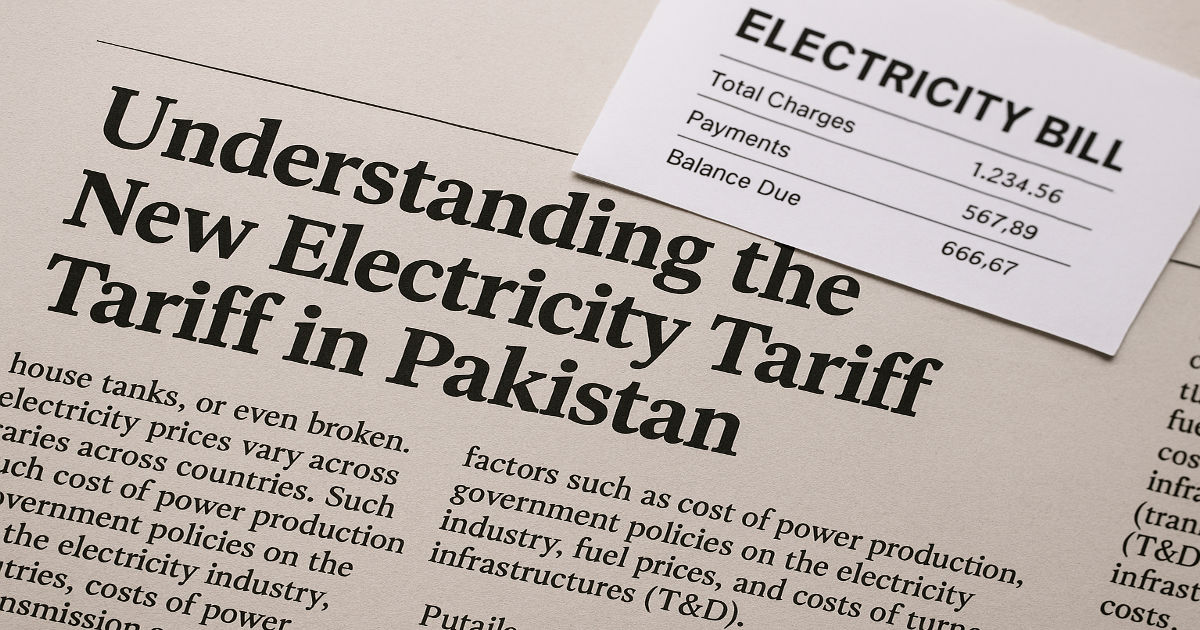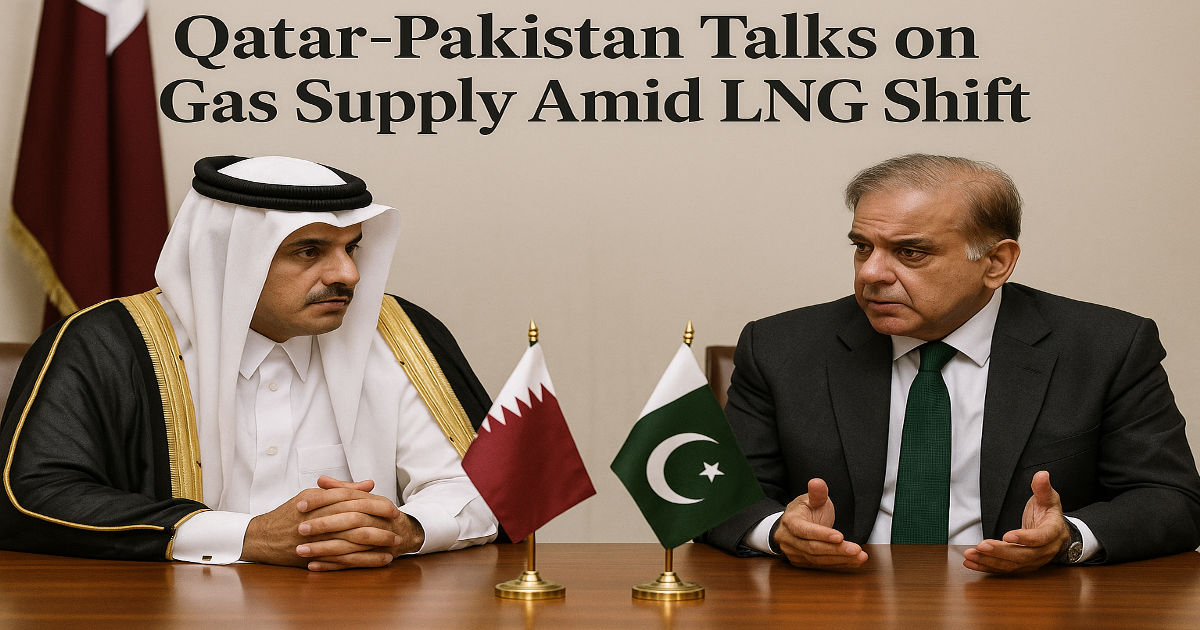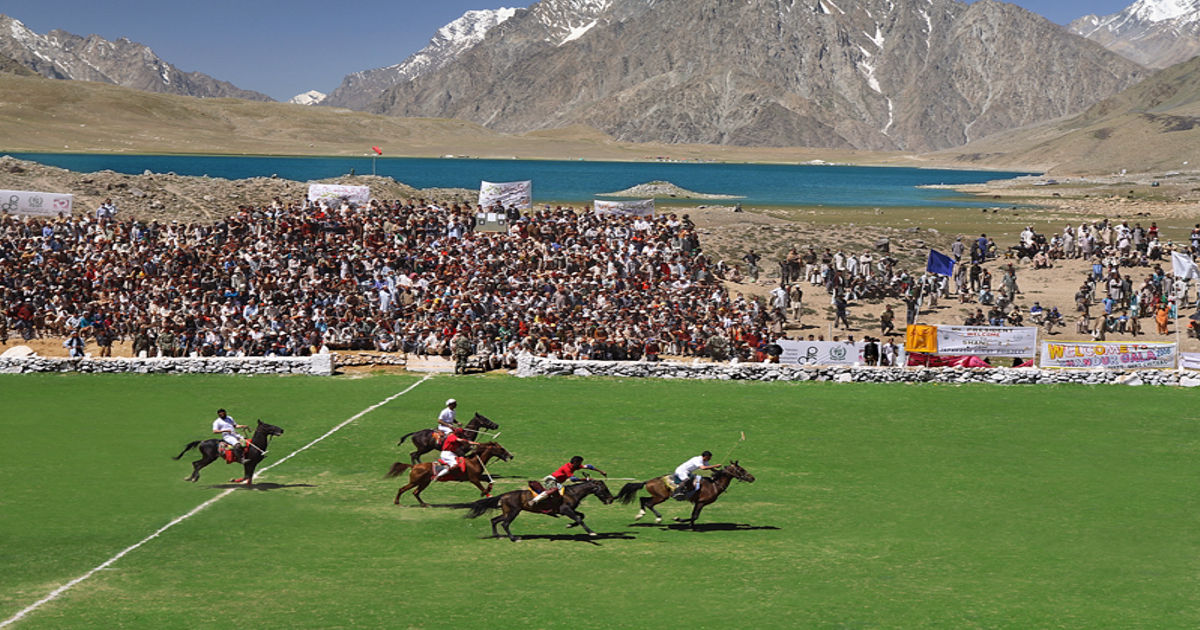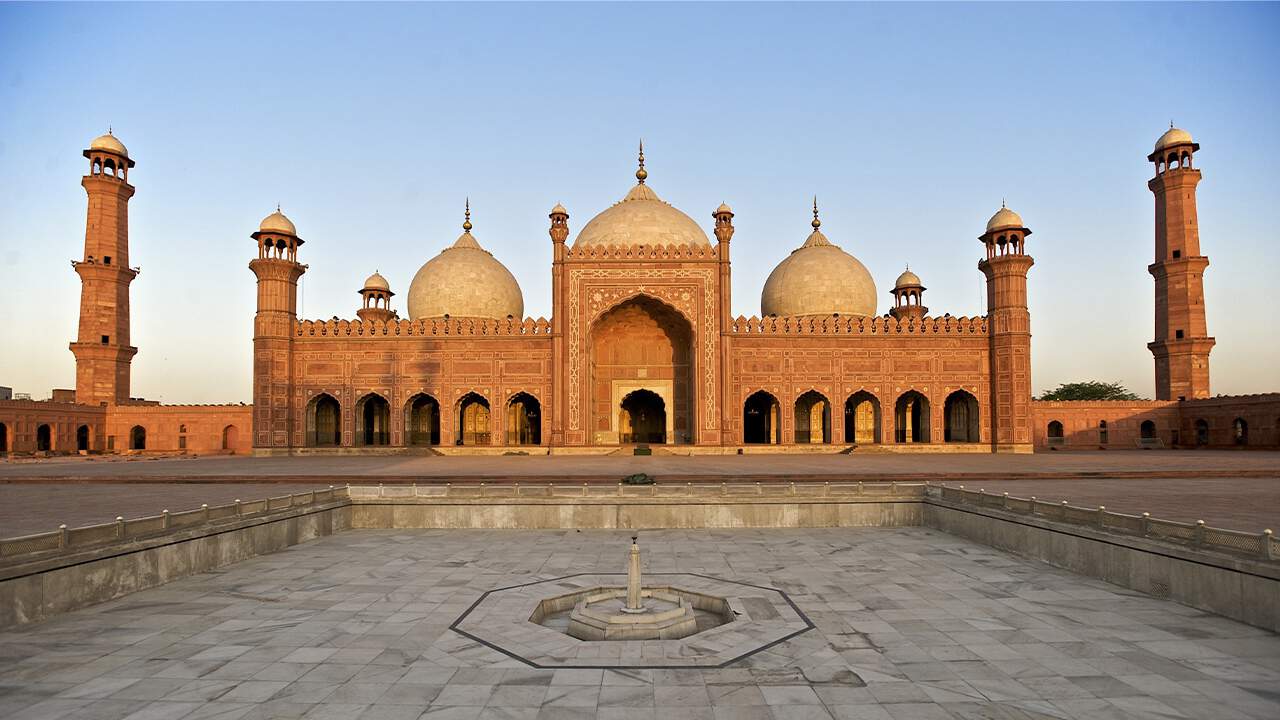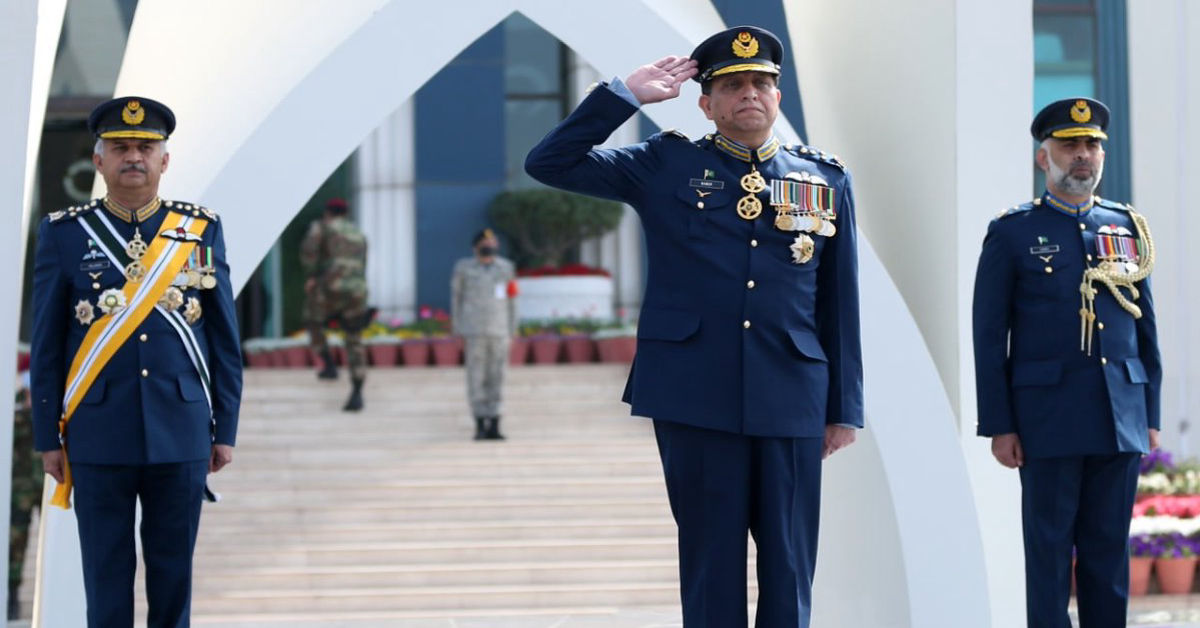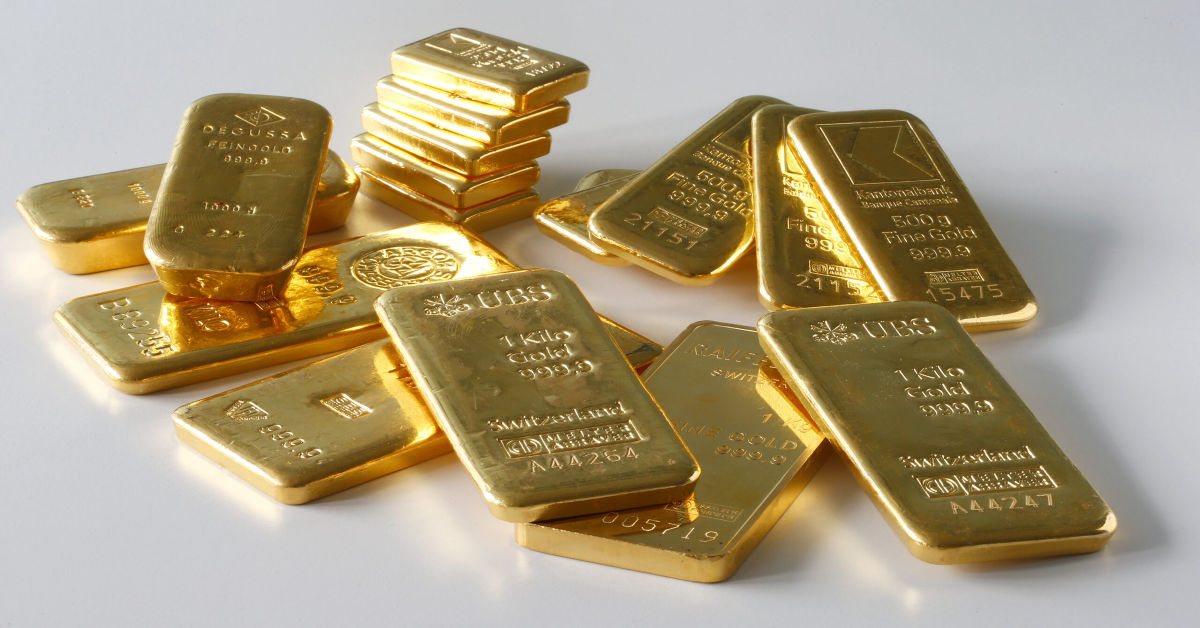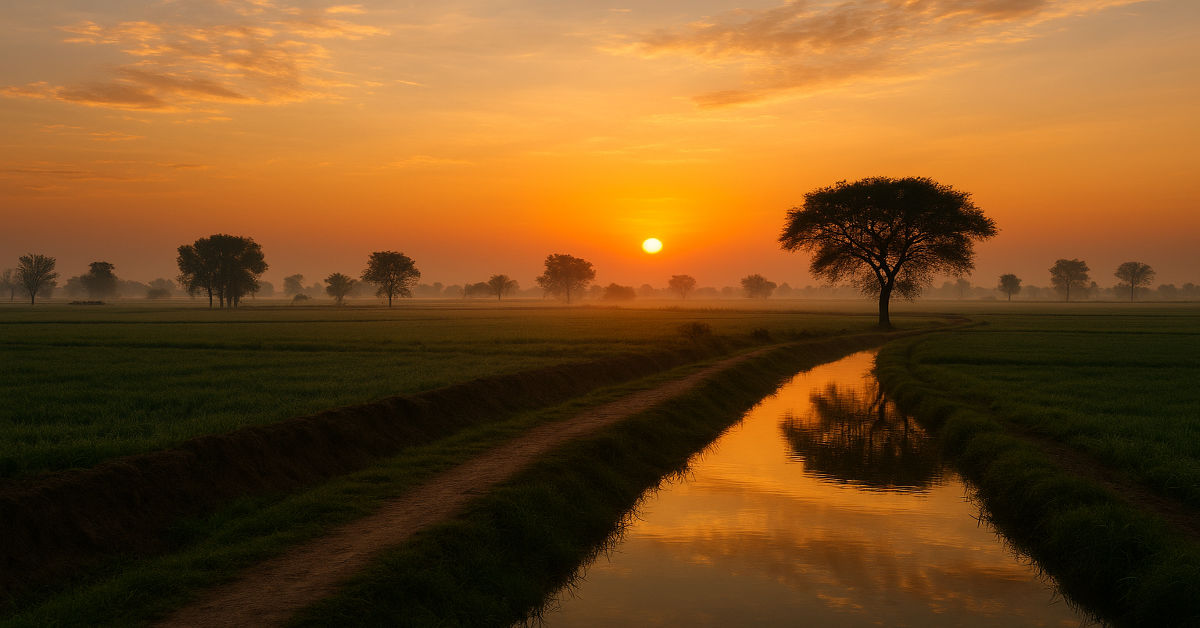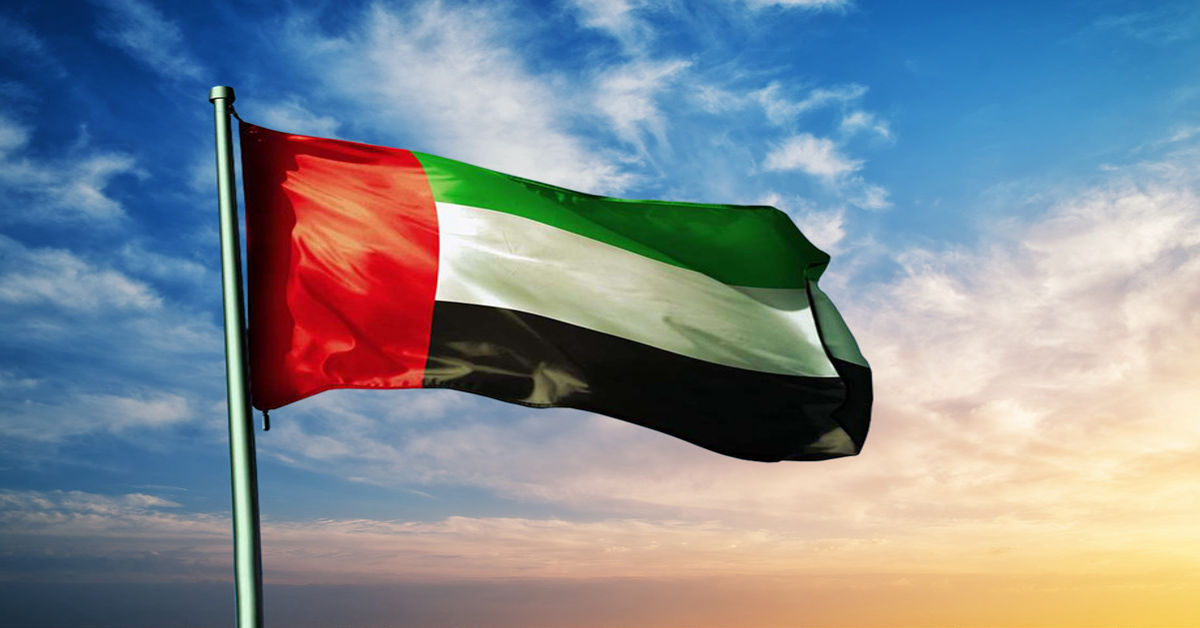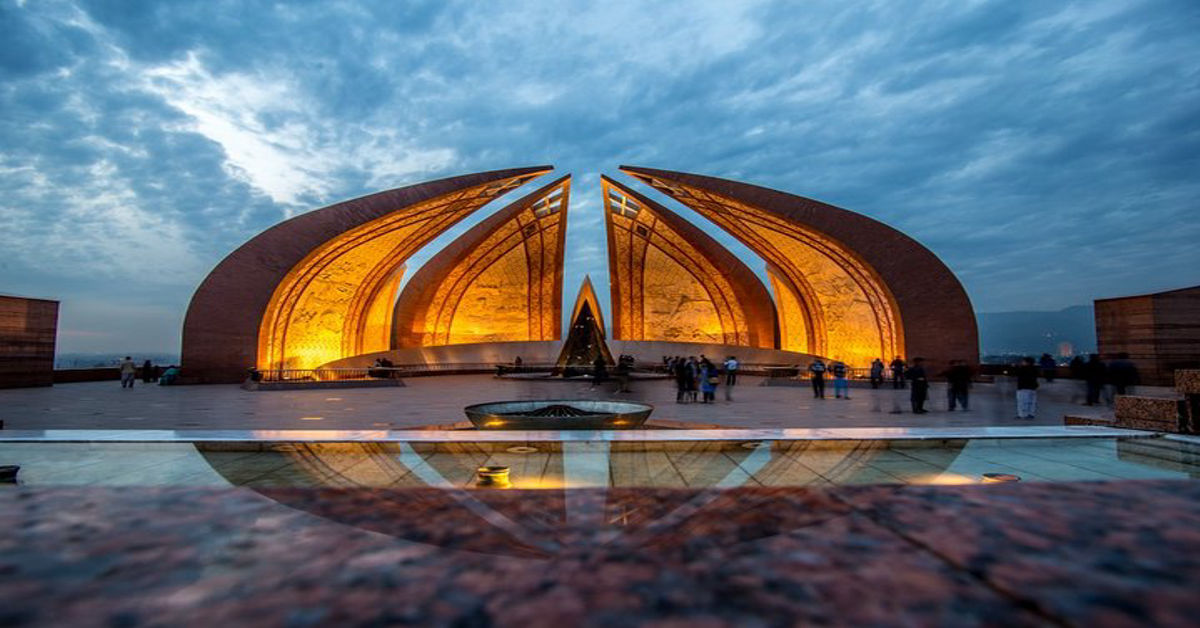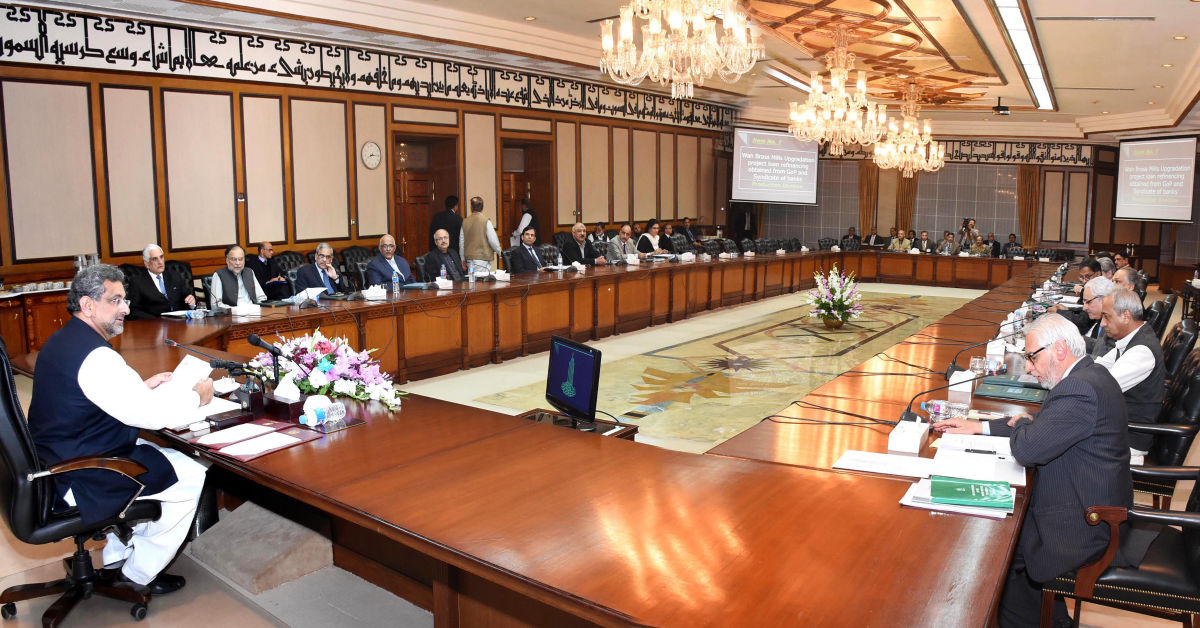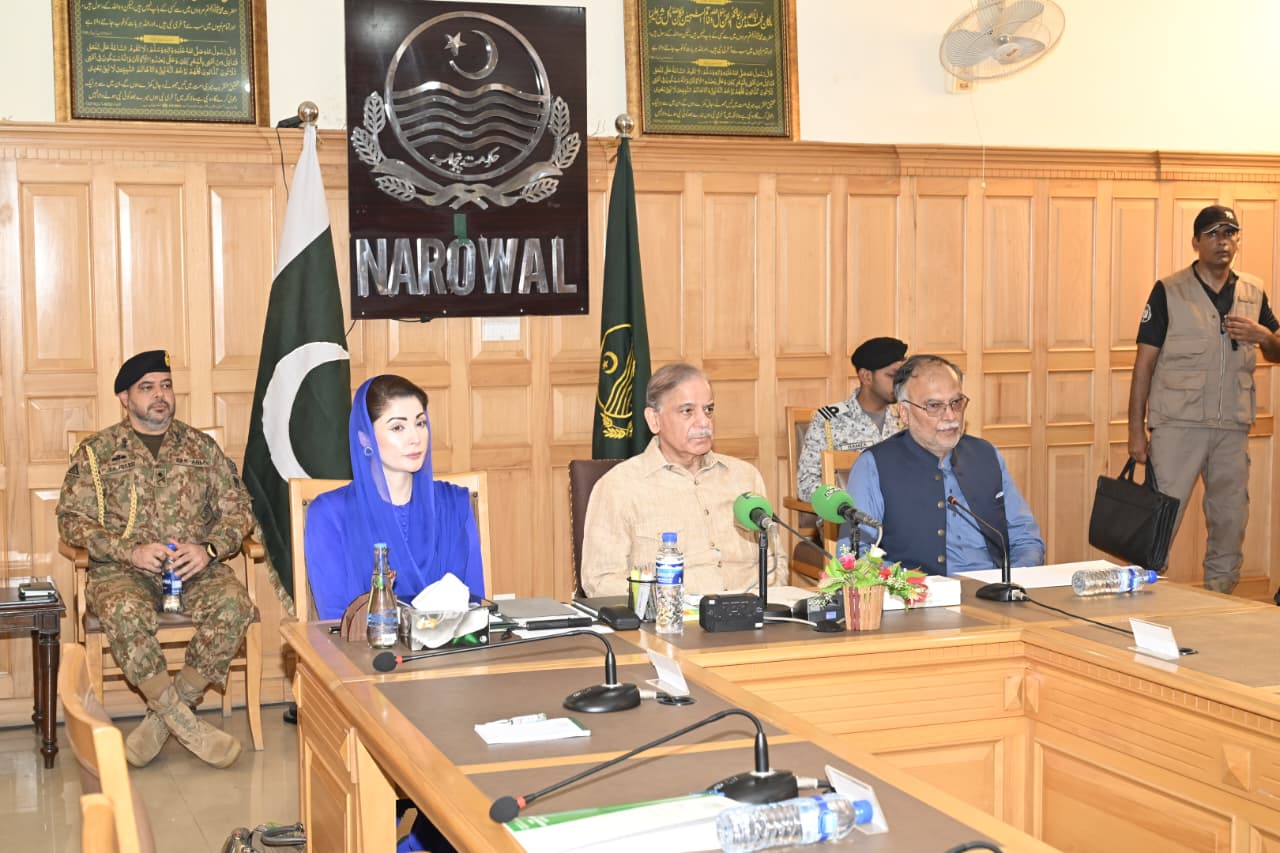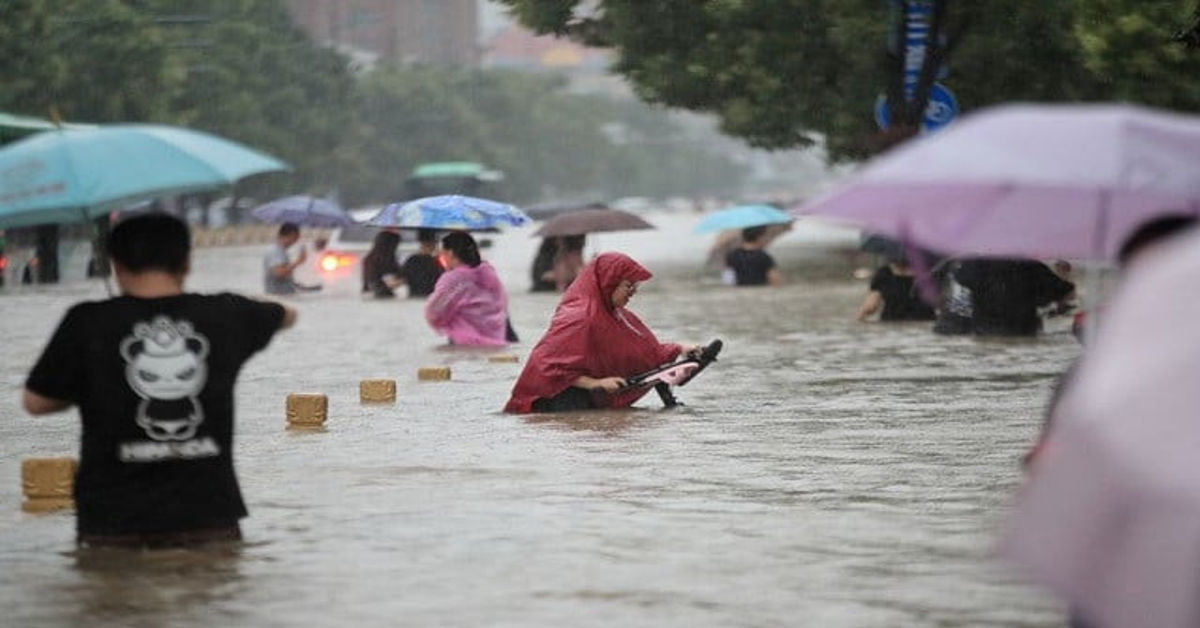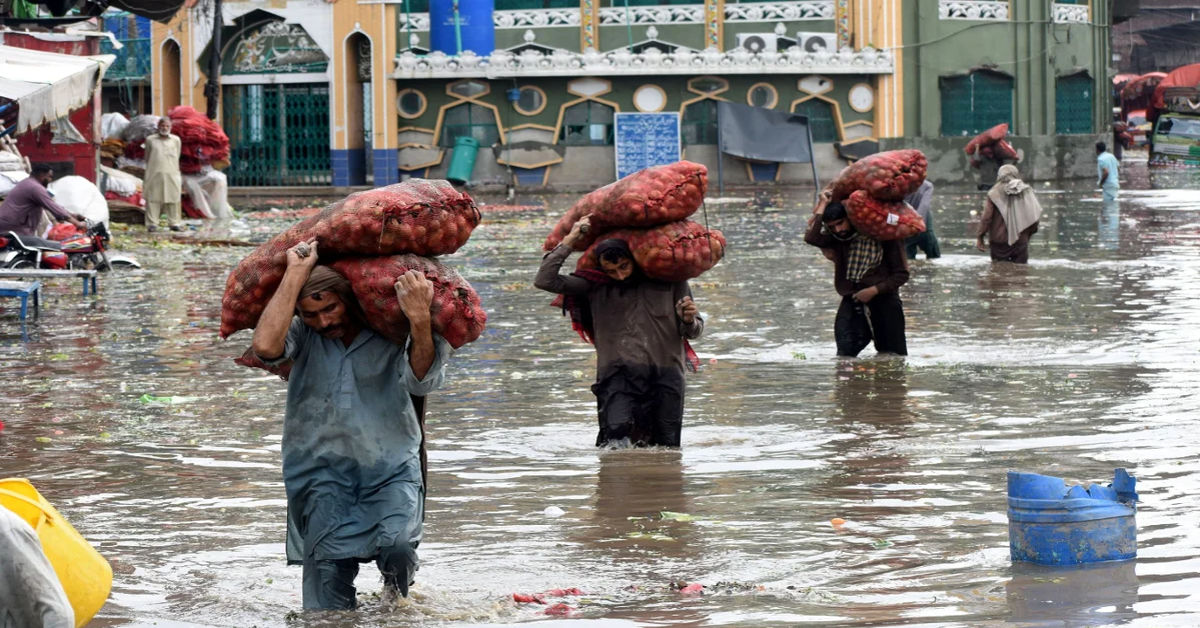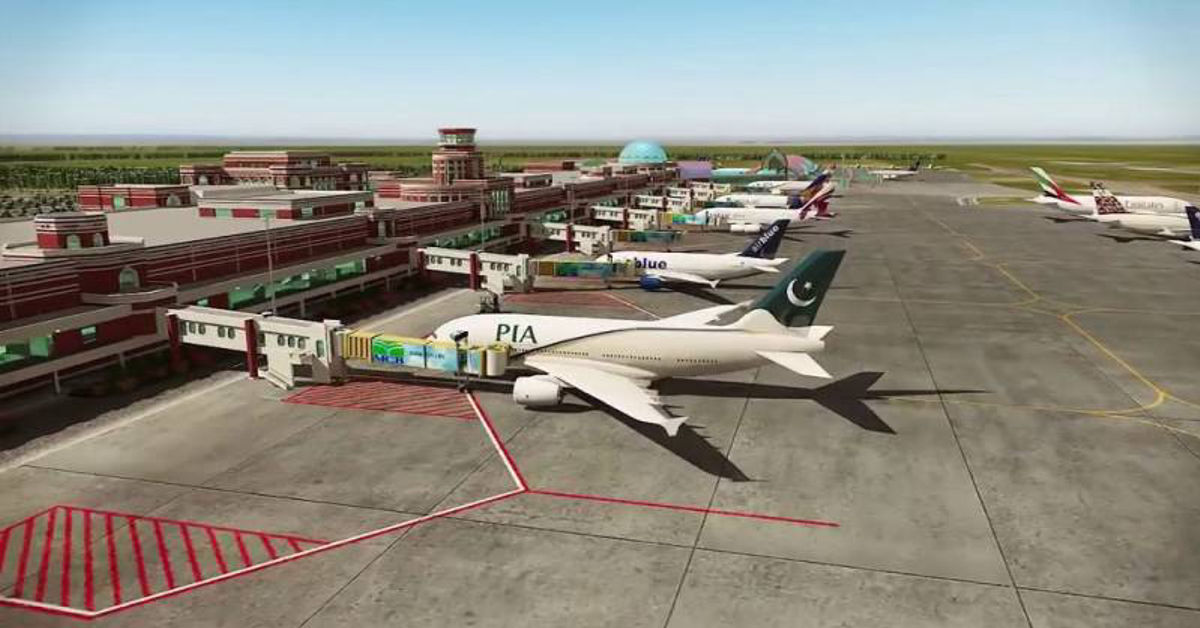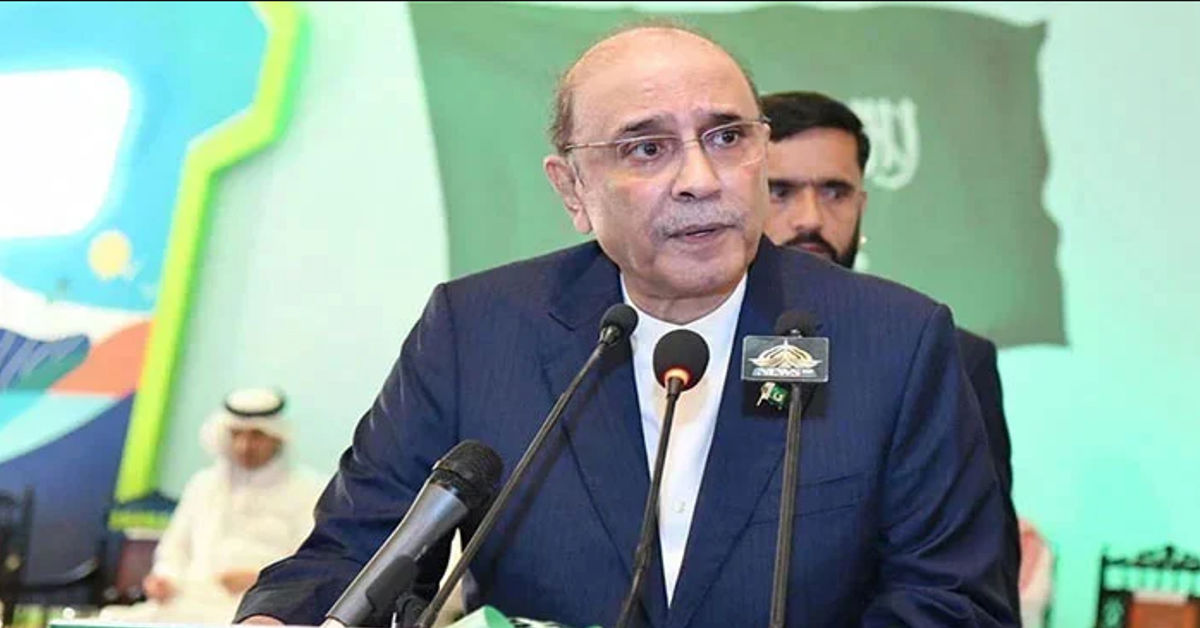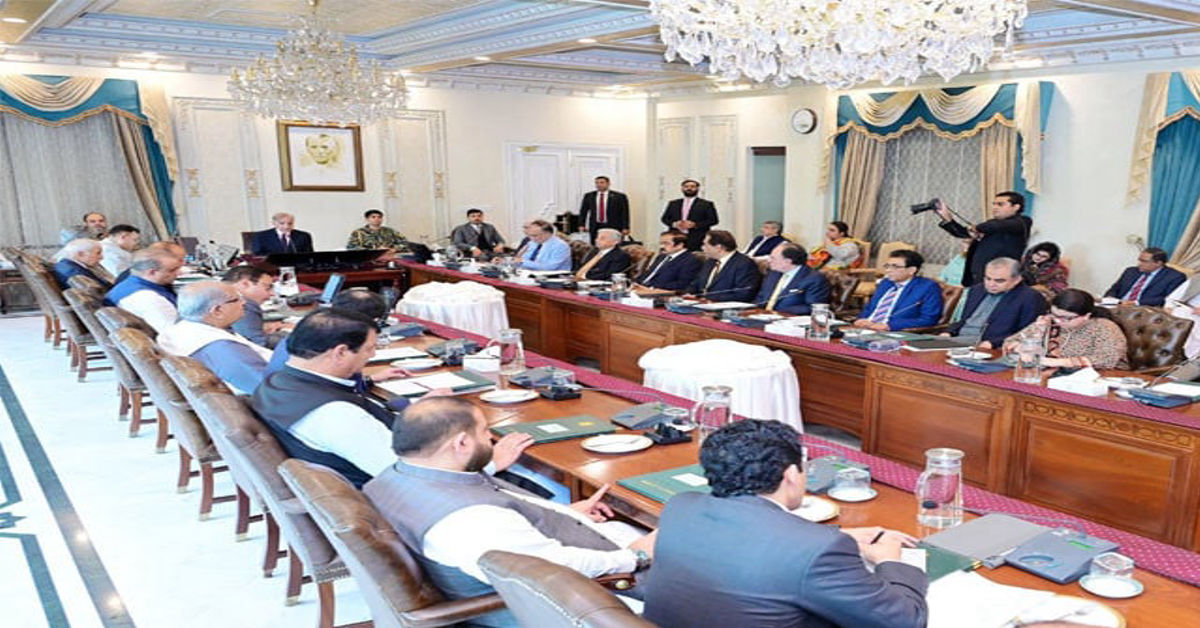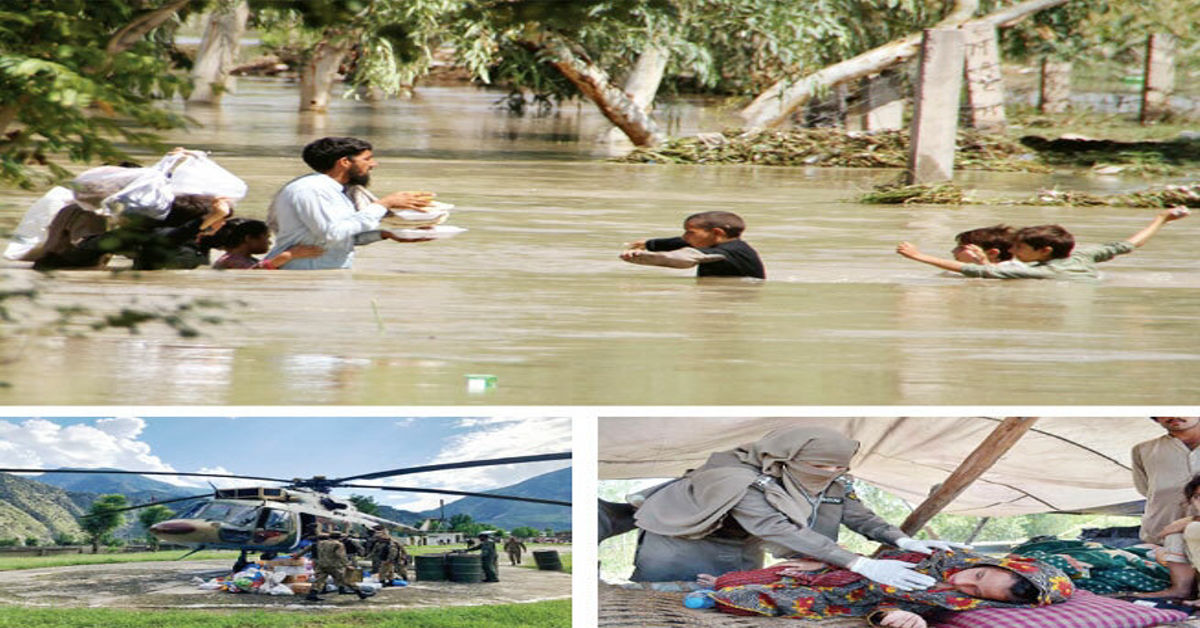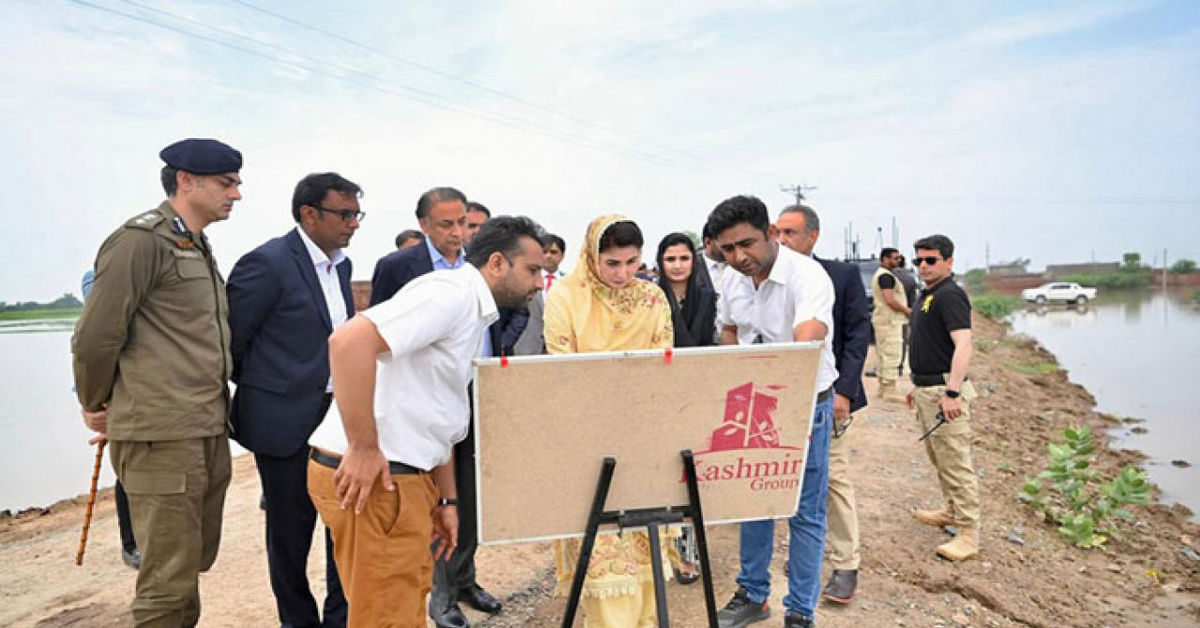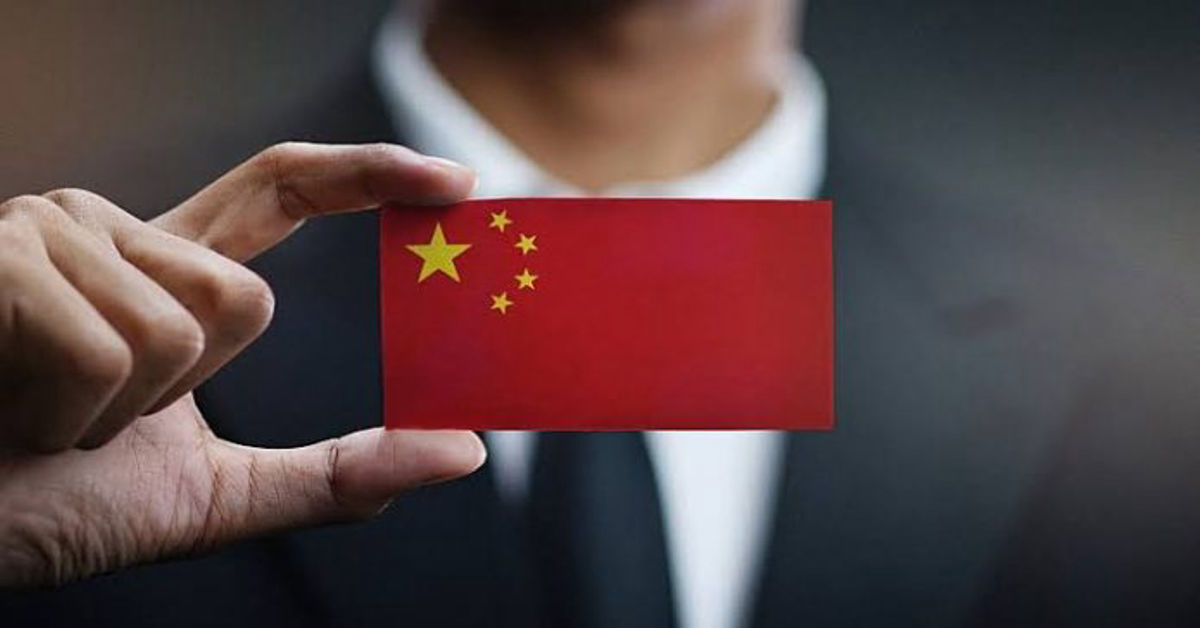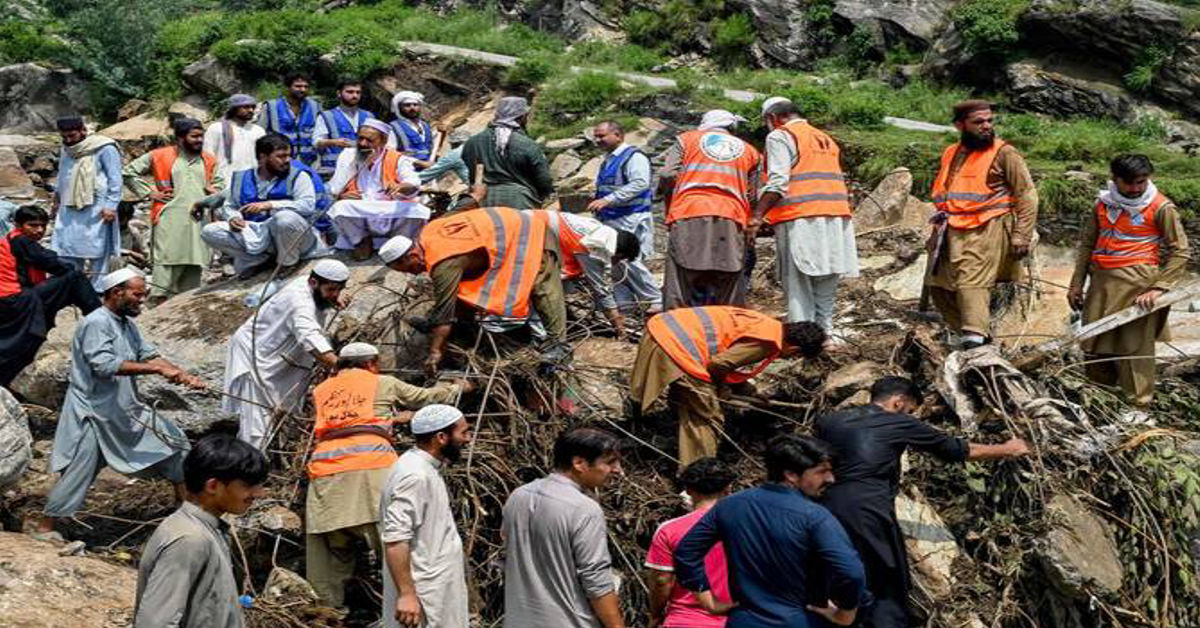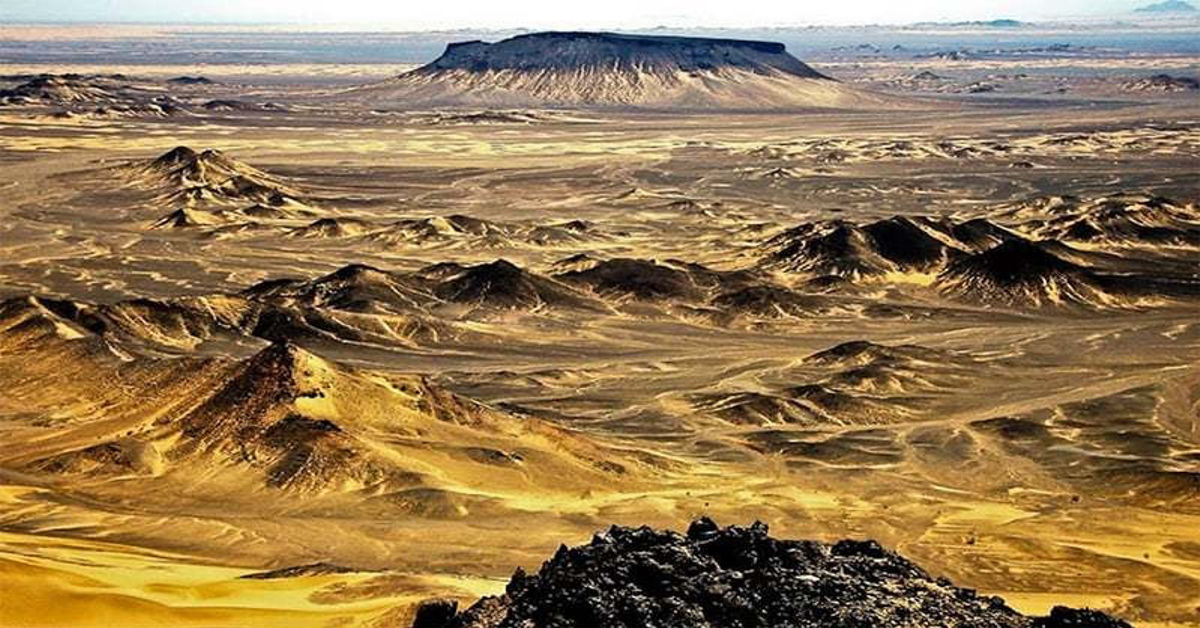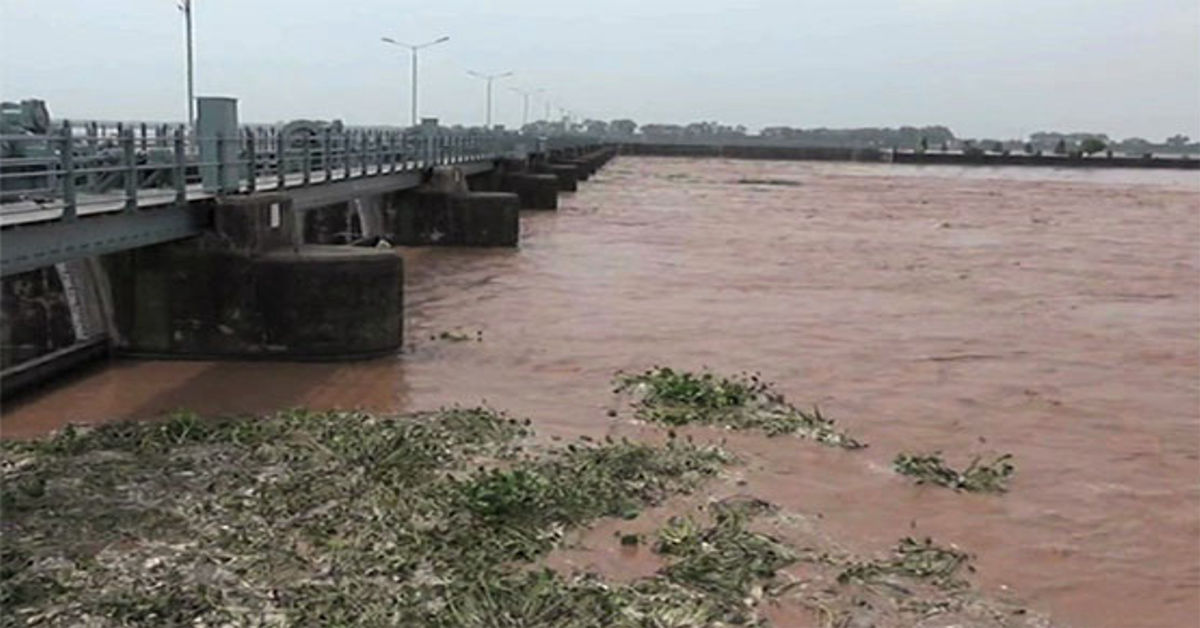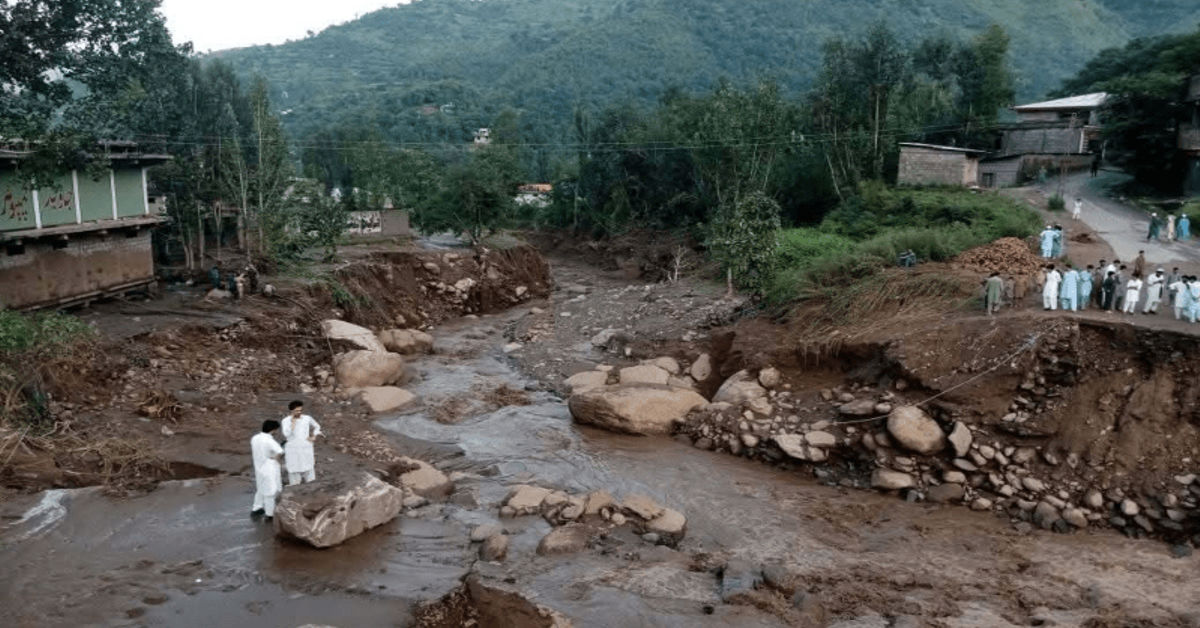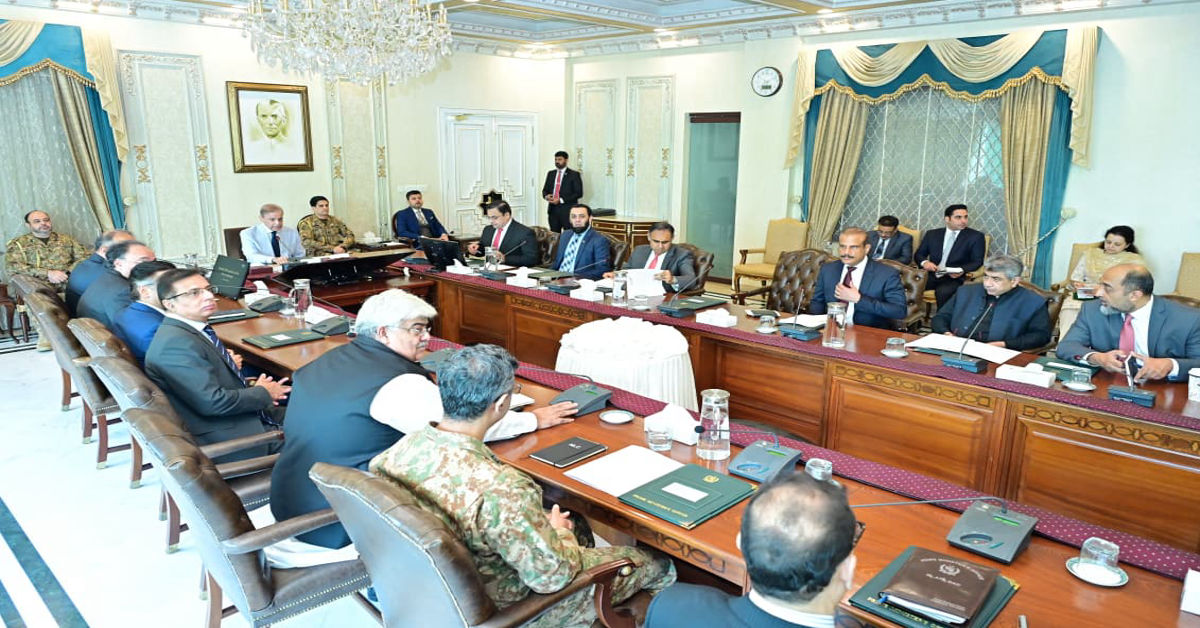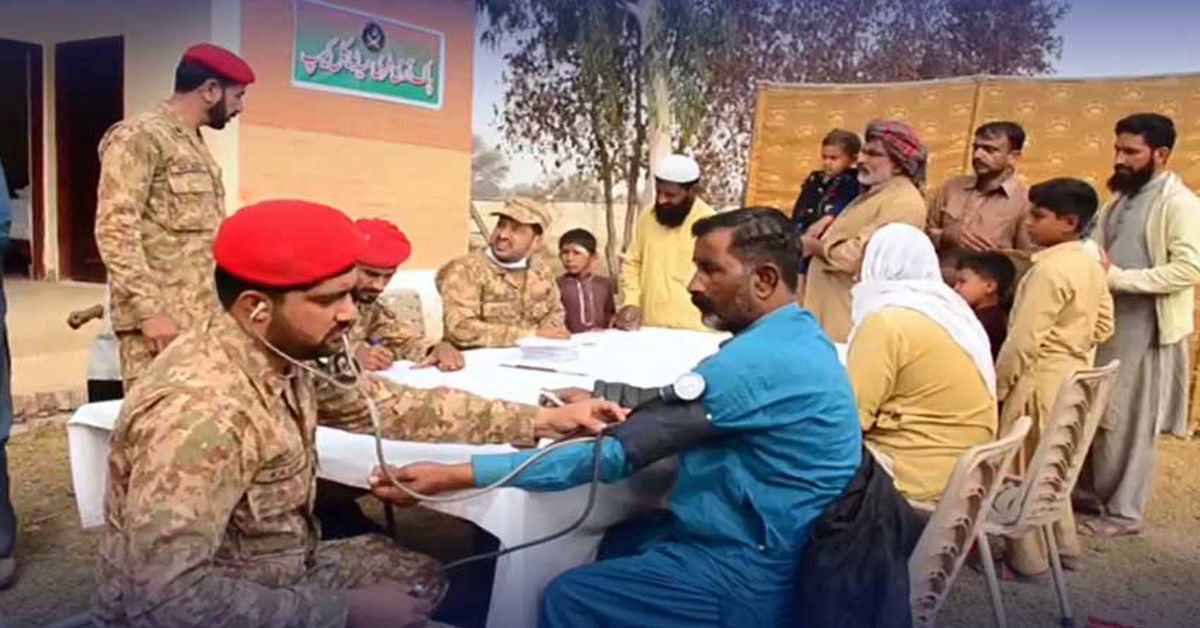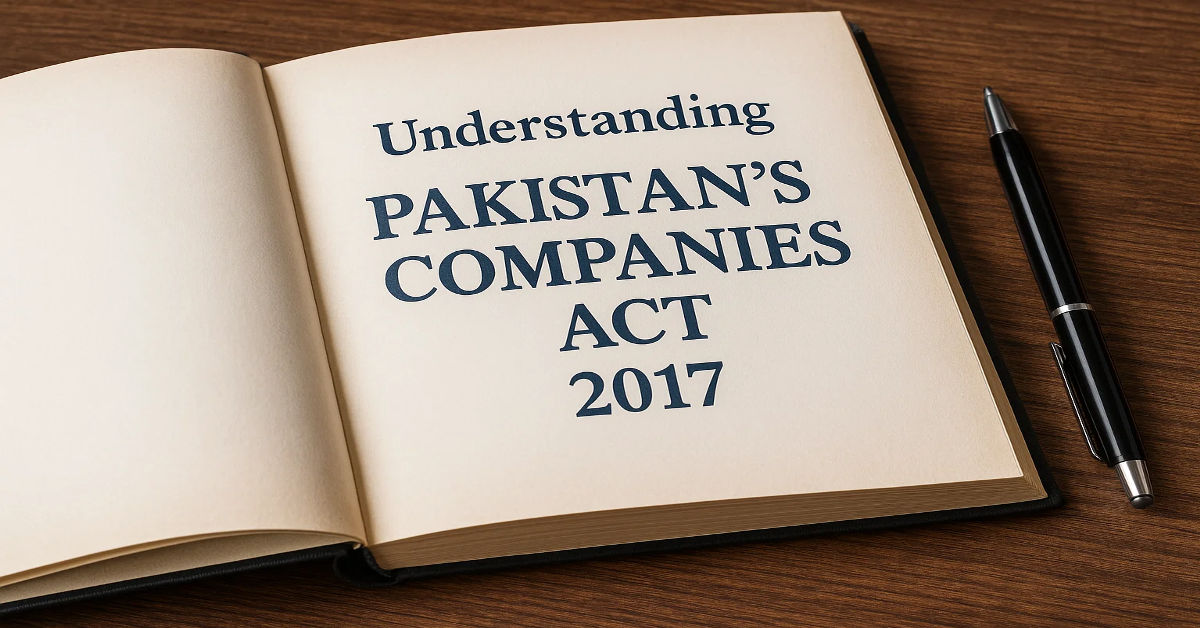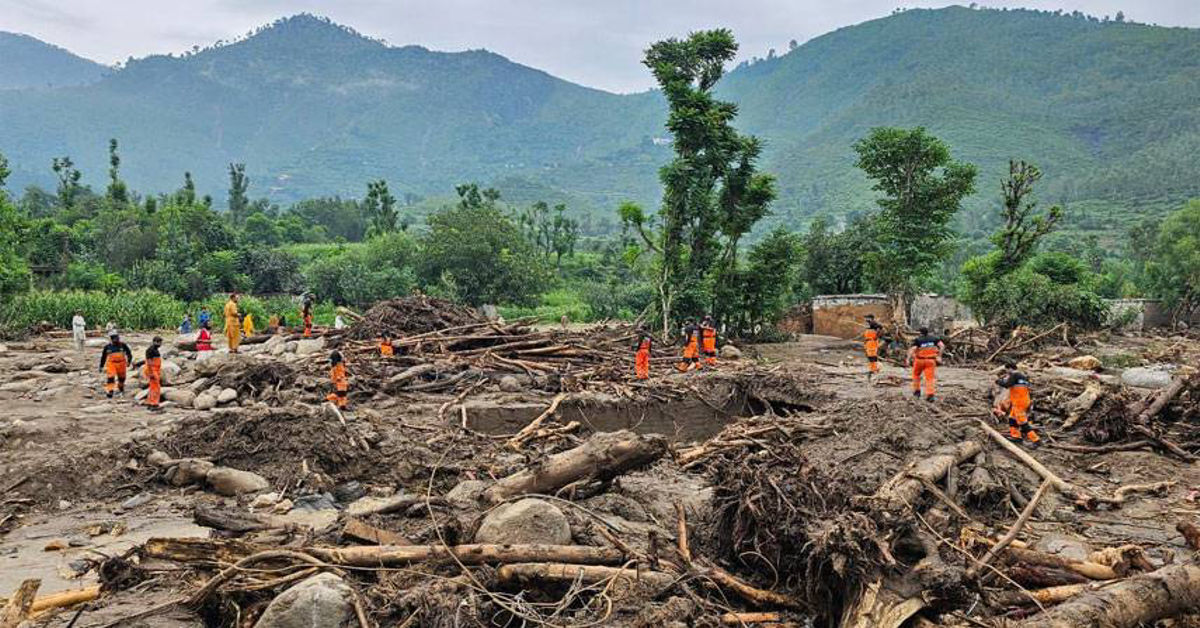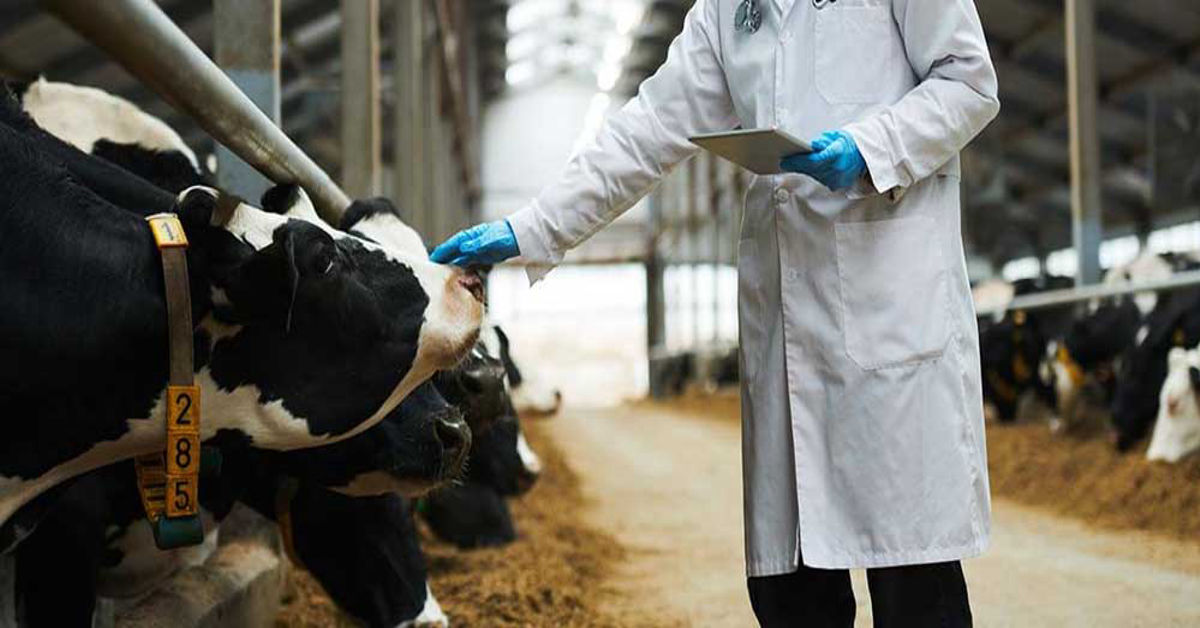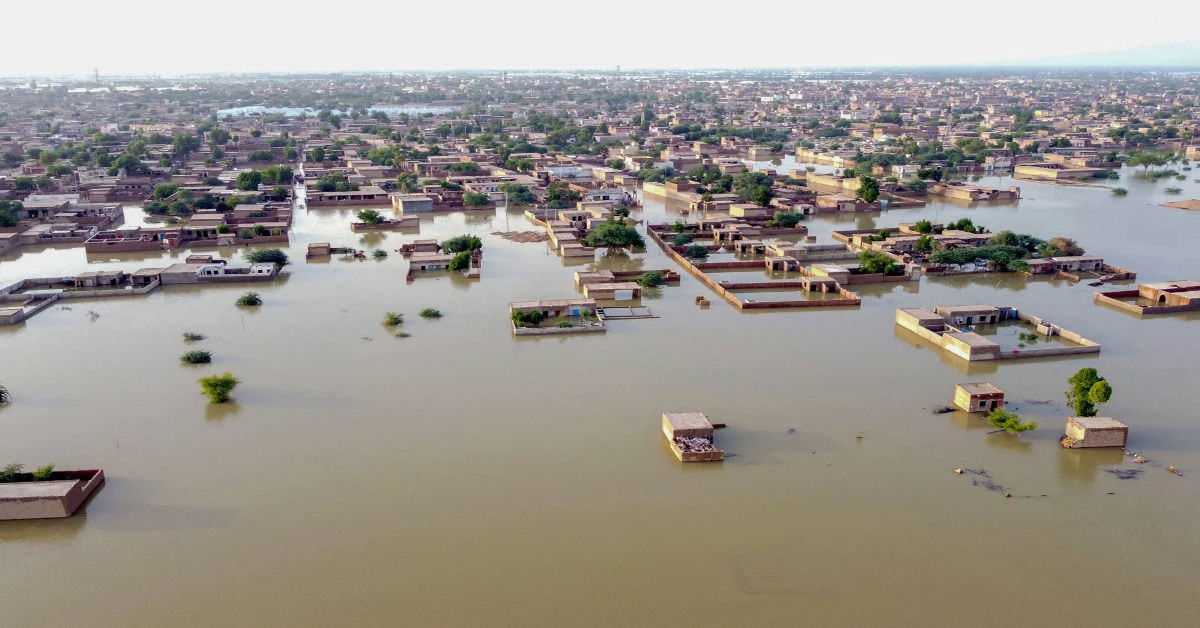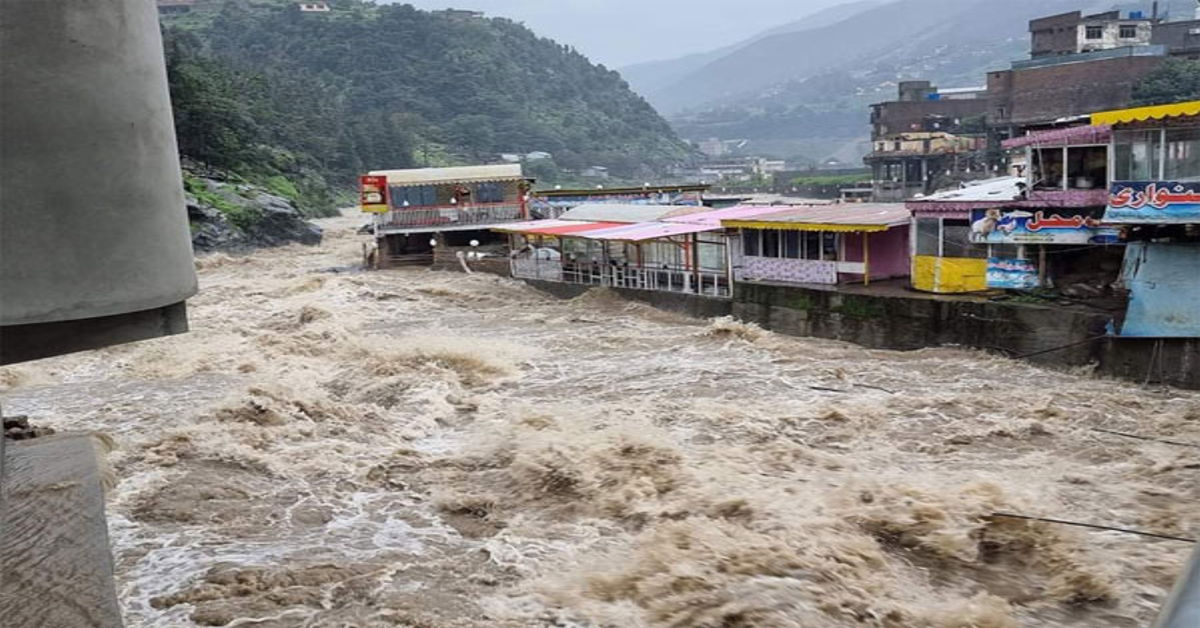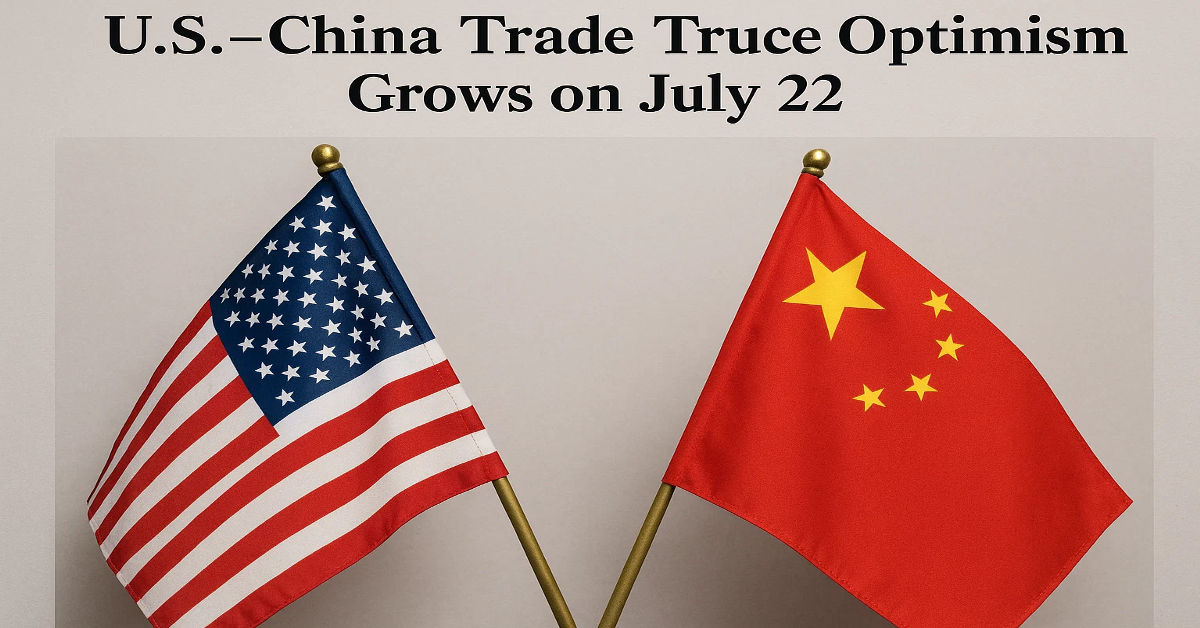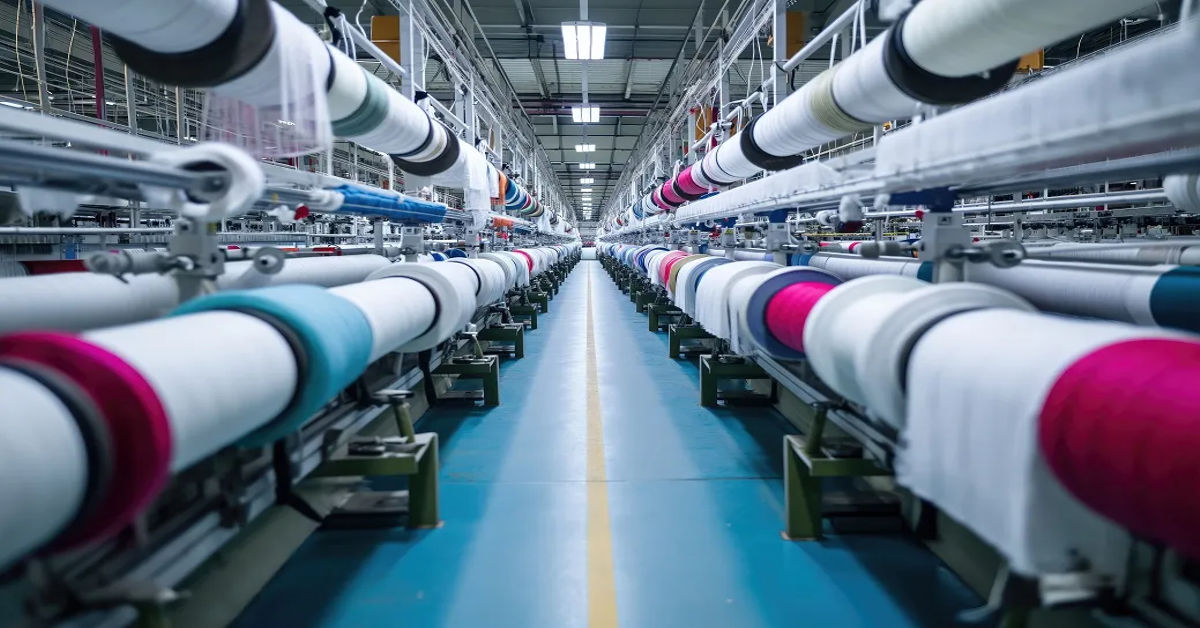
Pakistan has a very important textile industry that makes a huge contribution to the economy of the country. The textile industry is the mainstay of the Pakistani industrial sector, it has generated millions of jobs and is also a major exporter. In this article, we explore the drivers of the textile industry in Pakistan, its development pattern, issues, and opportunities.
The Importance of the Textile Sector
Pakistan has a large fabric industry that is one of the leading industries in its economy and makes more than 60 percent of the national export. Since it is the biggest employer in the industrial sector it directly and indirectly employs millions of people in the country. Pakistan has a huge domestic supply of cotton giving it a competitive edge in the world textile market in terms of products such as cotton yarn and finished ready-to-wear clothes.
Existing Problems that are facing the Textile Industry
Although the textile industry in Pakistan continues to be one of the pillars of the economy, it is challenged in many ways. Old machinery in most plants is the biggest problem. Poor technological modernization has affected productivity and the industry is not able to deliver globally because of the scope of its trade. Moreover, deficit of energy and high-cost production because of lack of power supply would limit growth even more.
Cotton Advantage in Pakistan
The presence of a large source of high-quality cotton in the country is one of the reasons why the textile industry has continued to be one of the largest players in the Pakistan economy. Pakistan is the fourth-largest cotton producer in the world, and this enables the local textile mills to manufacture yarn and fabrics at competitive prices. Pakistani textile firms can produce at low costs and still export goods of good quality due to the presence of raw cotton.
Exporting and Access to the International Market
The textile business in Pakistan is part of its exports and earns the country billions of dollars every year. Some of the most exported products are ready-made garments, home textile, bed linen, and towels. In the Middle East, Europe and the United States are the key markets of Pakistan textile products. The government policies such as export rebates and tax incentives have improved the competitiveness of the industry and textile businesses can now tap into such profitable markets all around the globe.
Technological Enrichment: The Secret of the Future Proliferation
One of the key aspects that are critical to the textile industry in Pakistan is the adoption of modern technologies. Automation, artificial intelligence, and modern machinery in the textile making industry can be used to achieve great efficiency, minimize wastes, and improve the quality of the product. Since the global market is demanding high-quality but sustainable products, adoption of state-of-the-art technologies will help the textile sector to stay competitive.
Support of Government and Policy Reforms
The government policies have been critical in promoting the industry of textile in Pakistan. The subsidized energy tariffs, export rebates and tax exemptions programs have helped the textile manufacturers to get the required financial support. However, one can draw a conclusion that further reforms are still possible especially in these areas as infrastructural development, enhancement of skills of the work force and reduction of regulatory barriers that hamper the industry development.
The Future of the Textile Industry of Pakistan
Pakistan has a bright future in the textile industry as long as major reforms are made. The sustainable fashion worldwide demands provide the manufacturers in Pakistan with a special chance to diversify in high-value and eco-friendly products. The shift to organic fabrics, recycling materials, and ethically made clothes that are gaining popularity among consumers offers local producers a chance to diversify their goods and cater to the international market.
Sustainability and Environmentally Friendly Operations
The sustainability trend in the textile industry is not just a trend, but a mandatory one. Eco-friendly clothes produced using organic cotton, bamboo and other sustainable fabrics are increasingly gaining popularity around the world. Trying to meet international demands, the Pakistan textile industry needs to be green in its production- recycling water, reducing chemical wastes and using sustainable sourcing. The introduction of these practices will also help the industry to gain a better image, which will help it to attract environmentally-conscious buyers.
Conclusion
To summarize, the textile industry in Pakistan is a very important sector of the Pakistani economy and has a tremendous growth potential. As Pakistan persists in investing in technologies, focusing on sustainability, and implementing changes in policies, the country will be capable of turning into a global leader in the creation of textile items. The strength and flexibility of the sector to respond to world demand is why it is crucial in the future of the Pakistani industrial industry.
FAQs
1. What role does the textile industry play in the economy of Pakistan?
The textile industry is a vital sector and contributes more than 60 percent of all exports of Pakistan and millions of people work in this sector. It is still the support to the industrial and economic system in the country.
2. What are the key issues of the textile industry?
The problems are old machines, power cuts, expensive production, and technological advances. These are the features that impair the competitiveness of the industry on a global scale.
3. What will make the textile industry competitive?
Pakistan can strengthen the competitiveness of its textile industry on the global market by investing in modern technologies and sustainable practices, as well as by developing infrastructure.
4. How is the concept of sustainability relevant in the future of the Pakistani textile industry?
The future of the industry depends on the issue of sustainability. Adopting a green production system, application of organic materials, and reduced environmental footprint will help the textile industry to satisfy the global demand of environmentally friendly products.
5. What role does the government play in helping Pakistan in textile industry?
To the manufacturers in the textile industry, the government provides tax provisions, export subsidies and subsidized tariffs on energy. These will assist in reducing the cost of production and enhance the international competitiveness of the industry.

